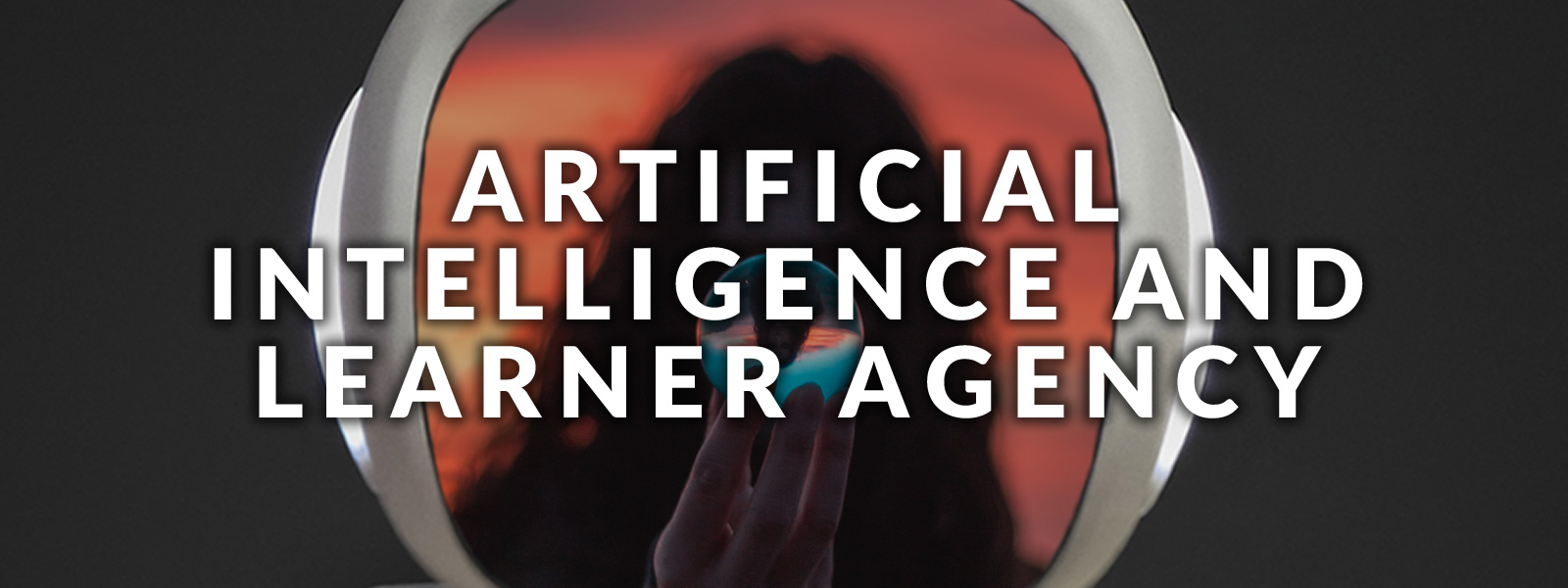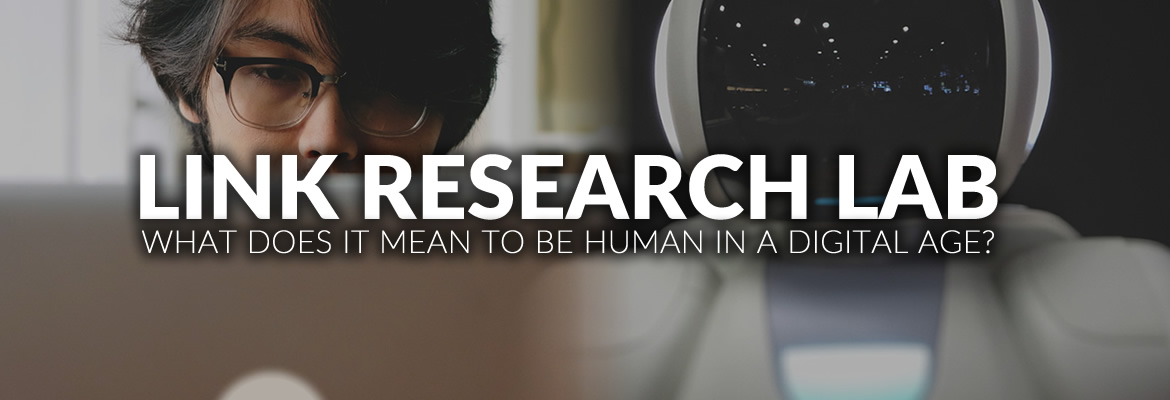
Funding:
Currently seeking grant funding
Funding Source:
TBA
Researchers:
Dr. Matt Crosslin
Dr. Justin T. Dellinger
The goal of the Artificial Intelligence and Learner Agency (AILA) project was to explore the theoretical, technical, practical, and ethical consideration surrounding the intersection of artificial intelligence and education. While much of the focus of the AI is on prediction, control, and surveillance of students, this project focused on returning control of data and learning outcomes to the learners themselves. Artificial Intelligence, Machine Learning, Adaptive Learning, Gamification, Game Theory, Learning Analytics, Heutagogy, and Chatbots are some of the main concepts that were utilized in this project.
Project Milestones:
Self-Mapped Learning Pathways (2014-2018)
The initial goal was to create a learning design methodology that allowed for different educational modalities to exist within the same course. This methodology would form the basis for having learners with different goals and sociocultural contexts working in the same course at the same time. The resulting theory is referred to as “Self-Mapped Learning Pathways” in order to reflect the process learners go through to evaluate different educational modalities and then create their own learning pathway. Game theory, heutagogy, and connectivism were all utilized in this process. More research and details about this project can be found at https://mattcrosslin.com/pathways/
Chatbots and Game Theory in Learning (2018-2020)
The goal of the next stage of research was to examine how learners in traditional online and blended courses responded to technologies such as chatbots and branching pathways. This involved creating course help centers that utilize chatbots, machine learning, and branching pathways (gamification) to investigate learner reactions to these types of technology within a course. The resulting data created baseline feedback to then move into designing adaptive content and activities utilizing chat-bot structure, game theory, data analytics, machine learning, story boarding, and eventually artificial intelligence. This ended up being the final phase as the LINK Lab closed in the Summer of 2020. See this research project page for details: https://www.researchgate.net/project/Chatbots-Artificial-Intelligence-and-Gamification-in-Adaptive-Learning-Pathways
Transforming Chat-bots into Adaptive Educational Interfaces (2020-2024)
The end goal for this project was to create a system for transforming static text, basic videos, and linear activities into dynamically transforming adaptive educational interfaces that help learners self-determine their own learning pathway through options that the instructor has mapped out, as well as by bringing in ideas, content, and activities generated by the learners themselves. The basic idea involved designing adaptive learning content and activities utilizing heutagogy, storyboarding, game theory, and available data. Layered on top of this would have been an interface that was designed to analyze data generated by learners in ways that help them to self-determine individualized pathways through content and activity options. Additionally, learners would have also been connected with each other for connected learning experiences. The entire system would have been designed to give learners control over their data and how it is used. This blog post lays out some ideas for how this will evolve: https://www.edugeekjournal.com/2018/12/05/what-if-we-could-connect-interactive-content-like-h5p-to-artificial-intelligence/
The final phase of this project may be carried out through other avenues in the future.
Project Publications:
- Matt Crosslin, Nikola Milikic, Justin T. Dellinger, Igor Jovic, and Kim Breuer (2019). Determining Learning Pathway Choices Utilizing Process Mining Analysis on Click Stream Data in a Traditional College Course. Companion Proceedings of the 9th International Learning Analytics and Knowledge Conference.
- Matt Crosslin (2018). Exploring Self-Regulated Learning Choices in a Customisable Learning Pathway MOOC. Australasian Journal of Educational Technology.
- Matt Crosslin, Justin T. Dellinger, Srecko Joksimović, Vitomir Kovanović, and Dragan Gašević (2018). Customizable Modalities for Individualized Learning: Examining Patterns of Engagement in Dual-Layer MOOCs. Online Learning Journal.
- Carolyn P. Rose, Oliver Ferschke, Gaurav Tomar, DiYi Yang, Iris Howley, Vincent Aleven, George Siemens, Matt Crosslin, Dragan Gasevic, & Ryan Baker(2015). Challenges and Opportunities of Dual-Layer MOOCs: Reflections from an edX Deployment Study. Proceedings of the 11th International Conference on Computer Supported Collaborative Learning (CSCL 2015). Gothenburg, Sweden.
- Matt Crosslin and Justin T. Dellinger (2015). Lessons Learned While Designing and Implementing a Multiple Pathways xMOOC + cMOOC. Society for Information Technology & Teacher Education 2015 Conference Proceedings.
Outer Robot Photo by Franck V. on Unsplash | Inner Photo by Garidy Sanders on Unsplash

